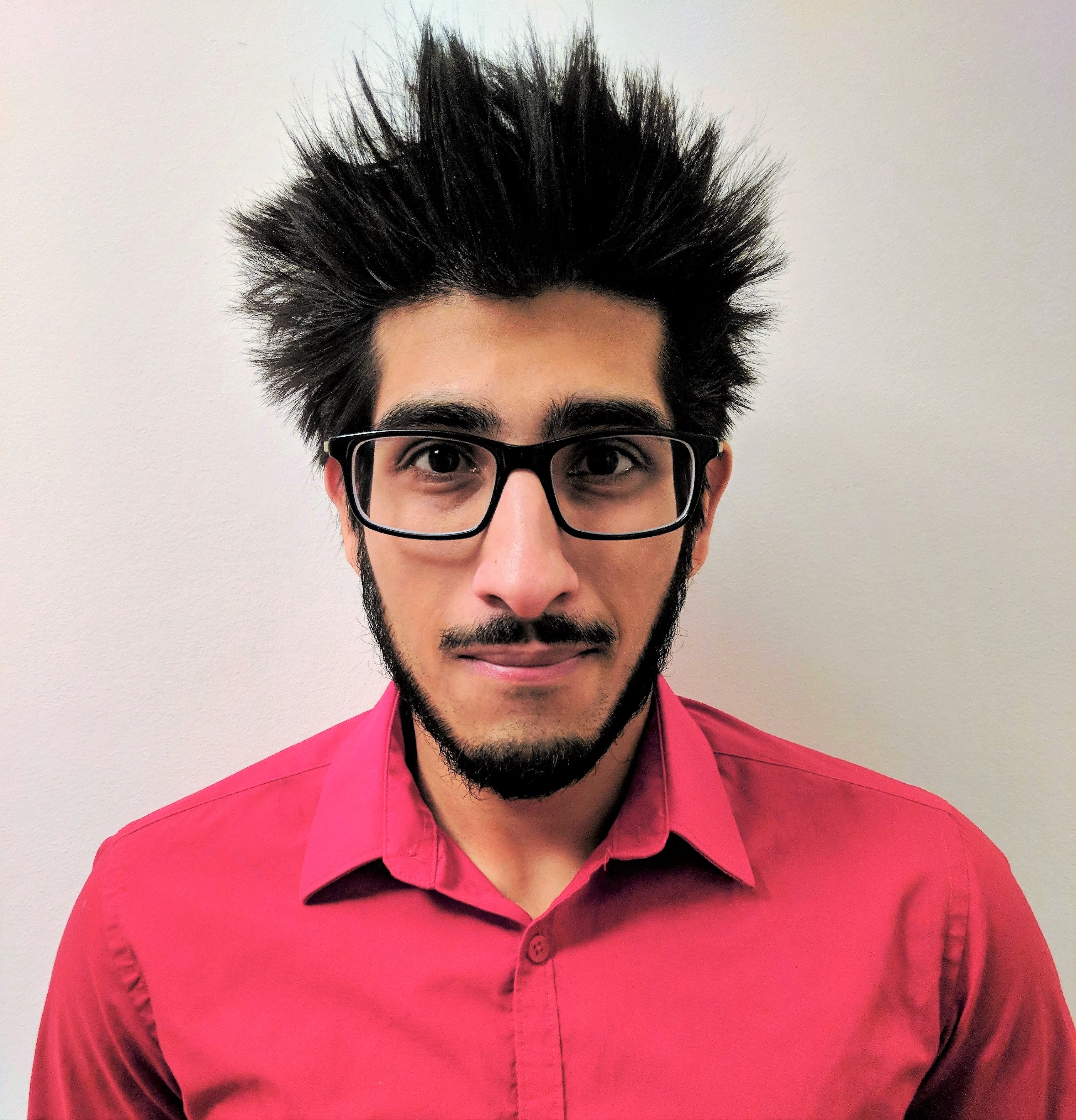Scientists just built a massive 1,000-qubit quantum chip, but why are they more excited about one 10 times smaller?
The second-largest quantum computing chip won't be fitted into IBM's next-generation System Two quantum computer. Instead, it will use three smaller 133-qubit chips with a much lower error rate.

IBM has announced its first quantum computing processor that exceeds 1,000 qubits, or quantum bits. That makes it the second-largest chip ever made, but researchers are far more excited about one that's a tenth that size.
The 1,121-qubit IBM Quantum Condor chip is built on the architecture of its previous flagship, the 127-qubit Eagle chip. In size, it is just shy of the record holder, a 1,125-qubit machine unveiled by the company Atom in October.
But as part of its 10-year quantum computing road map, IBM said it won't put any of these Condor processors into its "next-generation" System Two quantum computer that would use multiple, simultaneous quantum processors.
Instead, it plans to use the newly launched IBM Quantum Heron processors, which have just 133 qubits each.
Why 100 qubits can be better than 1,000
Classical computers, ranging from smartphones to the most powerful supercomputers, perform calculations by storing information in bits that can take a value of either 0 or 1.
Quantum computing, on the other hand, relies on qubits, which, thanks to the weird rules of quantum mechanics, rely on a phenomenon known as superposition, in which particles can simultaneously exist in multiple states at once. Qubits can exist in multiple states at once, and if the qubits are stitched together so that their fates are also entangled, they can exist in all states simultaneously while calculations are underway.
As the qubit count rises, the number of simultaneous computational states scales, too, which dramatically slashes the time it takes to perform calculations. For quantum computers to dethrone today's best classical computers, however, scientists would still need a quantum processor with millions of qubits.
Get the world’s most fascinating discoveries delivered straight to your inbox.
And that's a problem, because qubits are notoriously error-prone and need to be kept at near absolute zero, which is minus 459.67 degrees Fahrenheit (minus 273.15 degrees Celsius). One in 1,000,000,000,000,000,000 (billion billion) bits in conventional computers fails, while the failure rate in quantum computers is closer to 1 in 1,000.
That's why IBM is far more excited by its Heron chip — its error rate is five times lower than that of the behemoth Condor.
Still, that doesn't mean IBM isn't aren't thrilled with Condor's performance.
"We had to be innovative to yield all qubits on this chip, and develop methods to overcome mechanical issues associated with cooling such a large chip." Matthias Steffen, IBM fellow of quantum processor technologies, told Live Science in an email.
The researchers showed that a large chip can be cooled in a single-dilution refrigerator, Steffen added, and led them to refine the configuration of 1-mile-long (1.6 kilometers) coaxial cabling. Much of this has been incorporated into how Heron will be built and incorporated into IBM's next-generation "System Two" quantum computer.
System Two, which is already operational in New York, boasts three Heron processors and is the first quantum computer with a modular architecture, meaning qubits can be added as needed over time — a bit like snapping in extra Lego blocks.
Building toward a future with quantum supremacy will require improving hardware by integrating new error-correcting code, which allows for the scaling of the qubit count without compromising the error-correcting efficiency, Steffen said.

Keumars is the technology editor at Live Science. He has written for a variety of publications including ITPro, The Week Digital, ComputerActive, The Independent, The Observer, Metro and TechRadar Pro. He has worked as a technology journalist for more than five years, having previously held the role of features editor with ITPro. He is an NCTJ-qualified journalist and has a degree in biomedical sciences from Queen Mary, University of London. He's also registered as a foundational chartered manager with the Chartered Management Institute (CMI), having qualified as a Level 3 Team leader with distinction in 2023.



